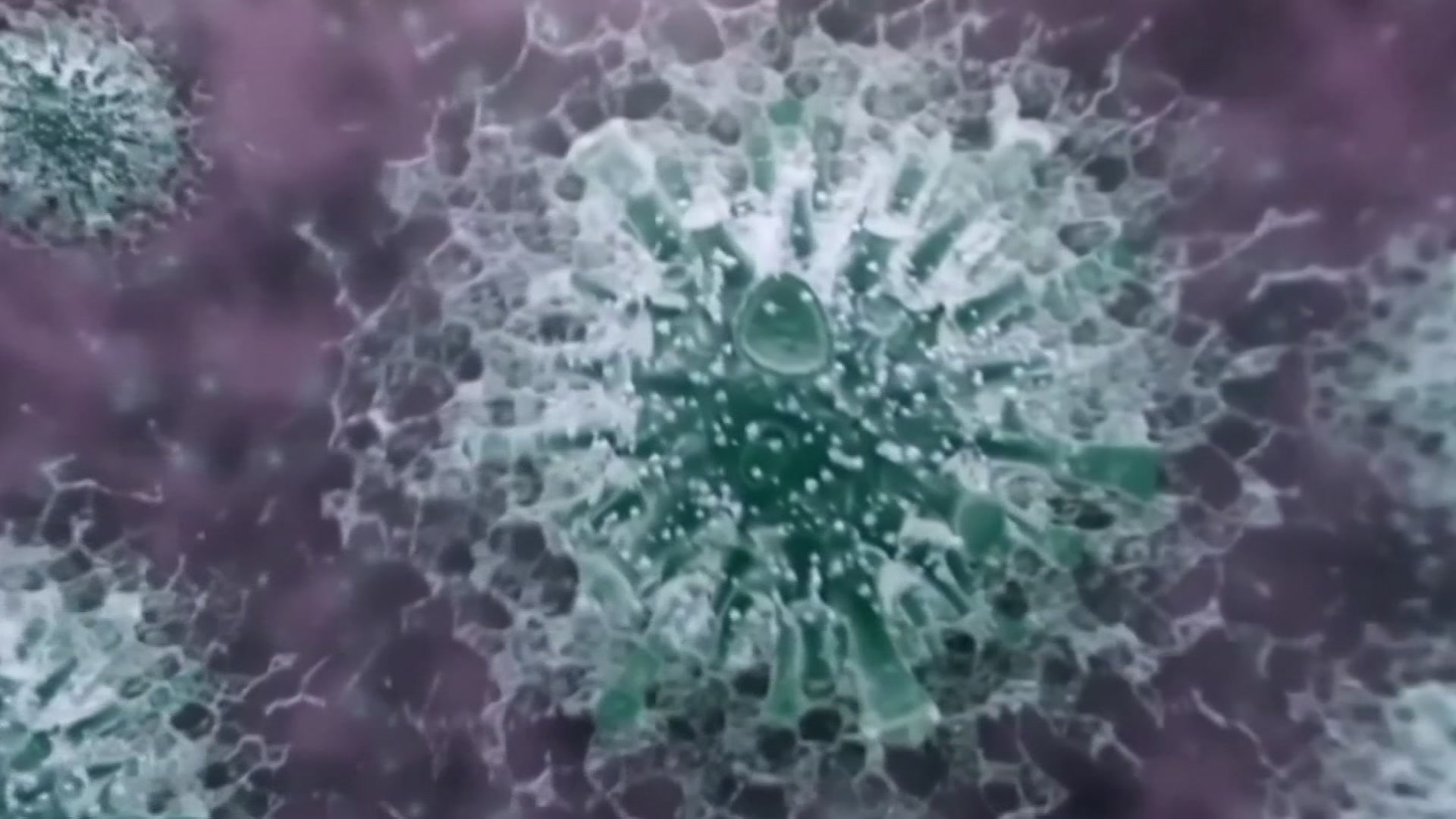While many high schoolers are adjusting to school at home, college students are adjusting to a completely different lifestyle.
While many high schoolers are adjusting to school at home, college students are adjusting to a completely different lifestyle.
Some made sudden plans to travel back home cross country while others wonder if and when they'll get their degree, scholarships or course credits.
“I would suggest to parents to sit down and talk with your sons and daughters. First, see how they’re doing socially emotionally, because they are disconnected from a world they have grown to love and thrive in,” said Nakia Douglas, executive director of TRIO and pre-collegiate programs at UNT Dallas.
He said students weren't the only ones rushing towards this “new normal.” Universities scrambled to take everything within their academic walls and cram it into a virtual space for thousands of students within the span of days or weeks. Douglas said colleges and universities are taking this pandemic week by week so parents and students should be patient through this transition.
“This new reality is a blessing and a curse. the curse being that it’s uncomfortable, it’s creating a lot of angst and anxiety among a lot of the citizens. but the blessing that is coming from it is it’s reconnecting us with those that are closest to us,” said Douglas.
Douglas said students and professors will now have to communicate even more to make up for lost face time.
Local
The latest news from around North Texas.
UNT Dallas, like many other campuses, already had some hybrid online courses available, which made the transition fairly easy for some students. But for the more traditional students, it’s a different story.
“There was some initial anxiety but once they saw how their professors were putting together their opportunities to continue to learn, for the most part it’s been good,” said Douglas.
That’s why now is the time for parents to check on their child’s mental and emotional well-being. Help them develop a new routine at home and make sure they stay on top of their coursework.
“Set aside family time. Having those game nights, having movie nights, and shutting down all technology and talking or reading,” he said. “It becomes a new norm but ultimately it’s going to make us stronger.”
The ‘New Norm’
Bobbye Hampton, 23, is a Harvard graduate student in nearing the end of her education degree studies. While she thought she would be enjoying the New England spring weather and preparing for graduation, she’s now finishing her coursework in her family home in Dallas.
“It’s been hectic to say the least. When we first got the news, a lot of us were just trying to figure out, are we going to stay in Cambridge or are we going home? What does that look like? Is it more exposure for me to get on a plane right now?” she said. “I decided to come home because we were afforded the opportunity to finish your degree remotely. I’m also student teaching, so I’m trying to transition online for my students.”
After rushing back home from the Boston-area, she is adjusting to her new life, taking complex grad school courses in a setting not originally meant for it.
“Tons of emails every day, literally my email is flooded with resources, how to figure out the Zoom platform we’re using. Things are changing so rapidly,” she said. “They’re moving some lecture series online, but it’s very different versus being able to meet some of the top professionals in the education world. So just transitioning to this new normal has definitely been crazy.”
Part of the transition includes the sadness she feels in missing the unique experience the Harvard campus offered her.
“I miss it a lot. We built a community, amongst grad students. A lot of people I may never see it again in life just because of where were coming from,” she said. “ I definitely miss the community that we built and just being around other students. Being able to study together, go out to eat, hang out."
While she will be getting her graduate degree on paper this spring, her graduation celebration this May is now postponed indefinitely.
“For me, it’s really hard. I mean it’s Harvard. My whole family was super excited about the opportunity for me to graduate from there,” she said.
In the meantime, she has some advice for other college students experiencing anxiety and stress during this difficult time.
“I think for me, something that’s been helpful is to just take time to breathe and get away from the computer screen. Finding those moments to get away and break away and do whatever it is that brings you your self-care, your self-happiness and all those things that we should cultivate,” she said.
She added, “Reaching out to your professors. I know there have been times in the last week or so where I’ve been like, ‘Today is not a date for me. I can’t do class, let me figure out a way to do my assignments a different way.’ I thanks self-advocacy is a really important skill.”
What’s Next?
Douglas predicts both grade schools and universities are going to continue to consider virtual options, even after the pandemic is over – especially now that they've had a taste of how possible it is to implement online learning on such a large scale.
He said this could be the new norm as we transition away from the days of brick and mortar schools.
“It goes back to the old days of being a classroom teacher,” he said. “You set your lesson plans up, but sometimes you have to differentiate based on the needs of the students, based off the climate of what’s happening in the community and ultimately the well-being of those we are privileged to serve.”
As for graduations, Douglas said most celebrations have been postponed indefinitely across the industry. Even when we transition back, it might be in smaller groups to start -- not the huge celebrations we've grown used to.
“Unfortunately with the fluid nature of our current situation, it’s causing some challenges. We can’t put timelines on something that we can’t define,” he said.



